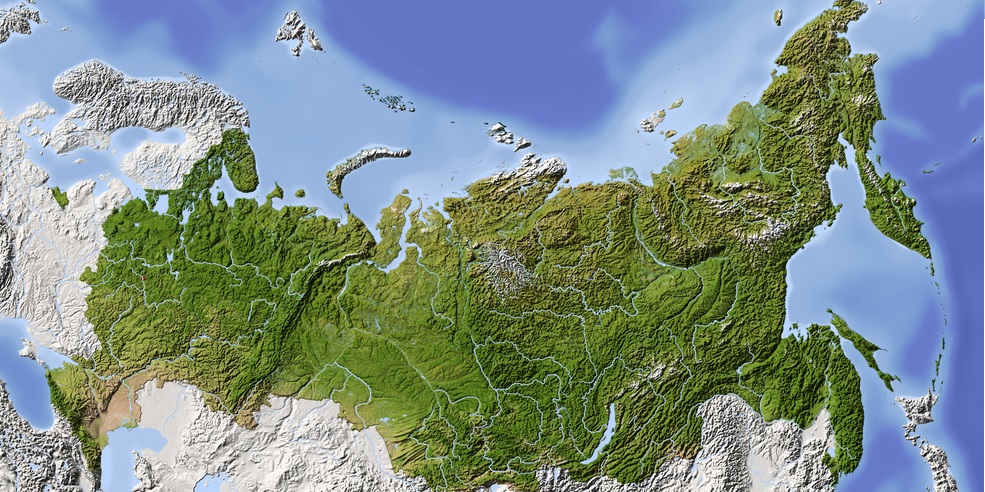Eurasia in Russian Foreign Policy: Interests, Opportunities and Constraints

The Eurasian axis of Russian foreign policy has been given several impetuses over the last two years. The most important of these has been the sharp deterioration in relations with the West against the backdrop of the Ukraine crisis.

In response to such changes, Russia’s approach to multipolarity has shifted: it is now understood to offer simultaneous access to several different sources of economic growth and modernisation. Success in Russia’s Eurasian foreign policy will require real effort to promote economic development and guarantee security. In the field of development, Russia has a great potential but starts from a weak position. It has a significant advantage, however, in being able to underwrite regional security, an essential precondition for economic development at a time when the risks of the region descending into chaos are high. The politicization of economic projects ranks among the major risks associated with Eurasian integration.
Ivan Timofeev has been Director of Programs at the Russian International Affairs Council (RIAC).
Elena Alekseenkova has been Program Manager at the Russian International Affairs Council (RIAC).
Download the full analysis
This page contains only a summary of our work. If you would like to have access to all the information from our research on the subject, you can download the full version in PDF format.
Eurasia in Russian Foreign Policy: Interests, Opportunities and Constraints
Related centers and programs
Discover our other research centers and programsFind out more
Discover all our analysesThe Caspian Sea as an Emerging Energy Hub : Potentials and Limitations
This report analyzes the prospects of the Caspian Sea region — and its key actors except for Russia and Iran — becoming an important energy hub serving the needs of the European Union (EU).
The European Union's Strategic Test in Georgia
The political crisis brewing in Georgia is of an existential nature for the country. What is at stake is Georgia's future as a democratic and sovereign European nation (EU).
Commanders of Putin's Long War: Purged, Reshuffled and Disgruntled
The trend of reshuffling the Russian top military command in the course of a fast-evolving and far from successful war has progressed unevenly both across the Armed Forces’ structures and in time. The rationale for and timing of the abrupt cadre decisions made by Commander-in-Chief Putin often defy logical explanation, and the rare official clarifications are no more informative than the usual information blackout.
Russian Military Manpower After Two and a Half Years of War in Ukraine
In addition to a military victory in Ukraine, the Russian leadership is planning to build up sizable troop formations for a possible conflict with NATO in the Baltic region and the Kola Peninsula. In particular, current plans aim for the military manpower to grow by about 350,000, reaching a total of 1.5 million soldiers and commanders. In the context of the current conflict in Ukraine, this cannot be accomplished without a new wave of mass mobilization.









